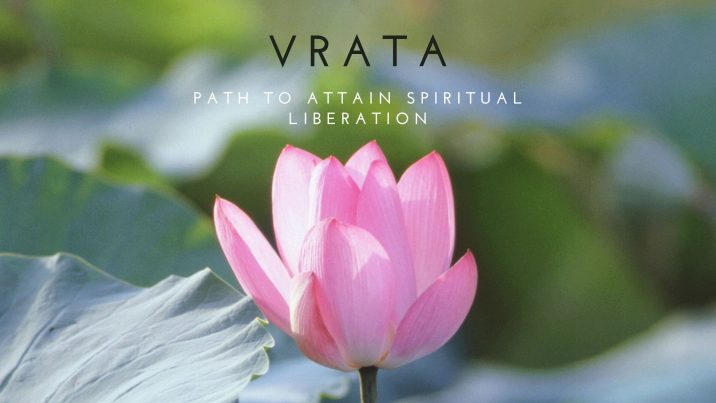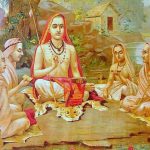
Hindu religion is known for its festivals, foods, culture, and fasting rituals. Fasting or Vrata in Hinduism and Jainism is such divine observance or self-control practice to maintain some discipline, seeking divine blessings for health happiness. The Sanskrit word Vrata is simplified as Vow, Resolve, Devotion.
Etymologically, Vrata or Upavasa is the spiritual practice that is observed for different Gods and Goddesses on separate days of the week, and too for reducing the ill-effect of planets. It is a self-refine and self-controlling process of one’s desires to please God as devotees refrain themselves from food and water during Vrata, known as Nirjala Vrata or Nirjala Upavasa.
The mention of Vrata has been found in Rigveda and Upanishads (sacred texts) as in Vedic culture, Brahmins, Vedic students, and women used to observe fasting as a part of devotion, ceremonious vow, religious practice, determination.
In Hinduism, the reason of Vrata is to please God, eliminating surrounding negativities, health recovery, success, happiness for self yet loved ones.
As per Puranas, the various types of Vratas are:
- Kayika-Vrata: Pertaining to the body and stressing upon physical austerity like fasting.
- Vachika-Vrata: It’s about the speech, giving importance to truth-speaking and reciting Holy Scriptures.
- Manasa-Vrata: About the mind-controlling by controlling the desires and aversions that arise within.
Although, Vrata can be Dina-Vrata (depending on the time of the day), Vaara-Vrata (week), and Paksha-Vrata (fortnight).
The benefits of Vrata are:
- It cleanses up mental and physical health.
- Following proper rules of Vrata cleanse one’s sins.
- It results in good fortune and bestows happiness, success, health, wealth, longevity.
- It presents all benefits of penance.
- Vrata eliminates 3-defective personalities from human- evil intents, monomania, and negativities.
- Vrata is the complete attainment of God.
Follow the proper Vrata rituals and perform prayer as well to attain spiritual liberation and achieve the vicinity of God.
Feature Image Credit: WeRIndia.




